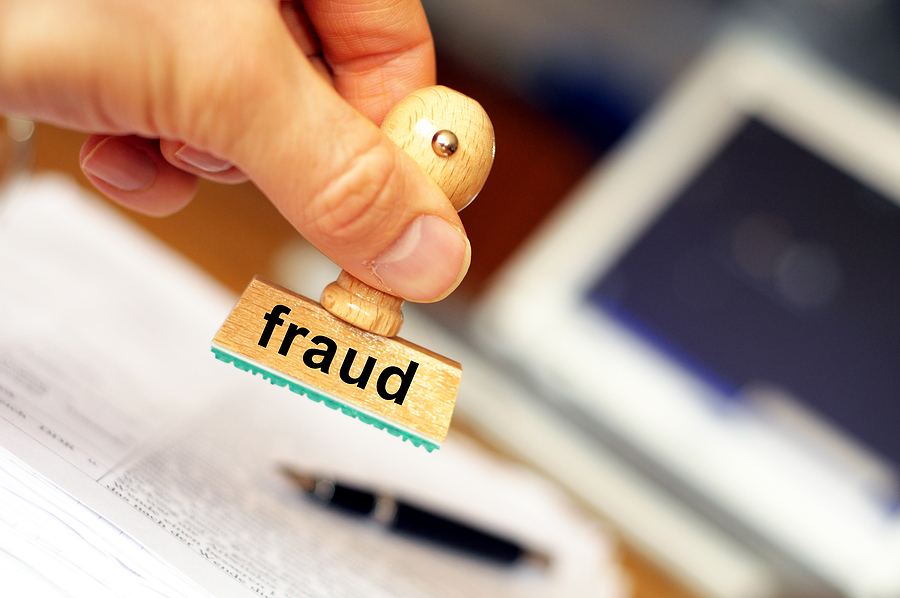Insurance companies are taking to the Internet to combat auto insurance fraud in Florida.
The Property Casualty Insurers Association of American has launched www.InsuranceFraudUncovered.com, a Web site designed to highlight Florida’s problems with auto personal injury protection — or PIP– fraud and draw attention the legislative movement to address the issue.
Flanked by representatives of the Associated Industries of Florida and the Florida Chamber of Commerce, William Stander, PCI assistant vice president and regional manager for Florida, said it is time the public became aware of the cost of PIP fraud.
“Floridians need to know that our state, unfortunately, continues to have the highest number of questionable, or ‘staged’ accidents of any other state in the country,” Stander said, citing statistics that show four of the 10 U.S. cities with the highest rates of questionable claims are Miami, Tampa, Orlando and Hialeah.
He said that Florida motorists pay the second highest auto liability insurance premiums in the nation. The 2008 average annual liability premium is $736, which is 56 percent higher than the national mean of $471.
Stander laid out six possible reforms for consideration in the state’s legislative session, which convenes March 8. Both the Senate Banking and Insurance Committee and the House Subcommittee on Insurance and Banking have bills waiting to be heard in their docket.
The reforms include the following:
- Examinations Under Oath: Allow authorities to investigate claims using a procedure called Examination Under Oath whereby penalties could be levied against a claimant found to have lied under oath.
- Independent Medical Examinations: Under current law, an insurer can conduct an independent medical exam to determine the extent of the claimant’s injuries. If an insured is participating in a staged accident or is following directions from a dishonest lawyer or clinic the insured often misses these appointment. A court decision ruled that an insured and their lawyer can keep making excuses for missing the appointments. PCI is proposing that a refusal to submit to an exam is a rebuttable presumption that the failure was unreasonable.
- Arbitration: PCI is advocating that PIP claims can undergo arbitration while preserving both parties’ ability to go to court.
- PIP Lawyer Fees: Florida law requires an insurer to pay its own and the insured’s lawyers’ fees if the insurer loses in court. As a result, insurers often settle even suspicious claims rather than drive up costs. PCI wants to cap lawyers fees in PIP cases to a percentage of benefits similar to a fee schedule introduced into the workers’ comp system in 2003.
- PIP Lawyer Fee Multiplier: Under current law, PIP attorneys can earn hourly fees and a “contingency risk multiplier.” It can multiply up to two-and-a-half times the amount a PIP lawyer can earn. PCI says it encourages litigation and should be removed from the law.
- Supporting and Expanding Investigating and Prosecution of Fraud: The proposal calls for more resources to be devoted to investigating claims and that the state require that more information be gathered about individuals involved in an accident.
PCI is composed of 1,000 companies that write $174 billion in premiums. Member companies represent 43.1 percent of the U.S. auto market.
Florida CFO Jeff Atwater, who oversees the Department of Financial Services and the department’s Division of Insurance Fraud , has created a PIP fraud squads in Tampa to combat the growing number of staged accidents and fraudulent auto insurance claims. In 2009, Tampa experienced a 290-percent increase in questionable claims related to staged or caused accidents.
CFO Atwater is also recommending legislation involving strengthening billing practices so only appropriate services rendered are covered, creating civil penalties so proceeds can be used to fund additional anti-fraud efforts and tightening requirements for clinic ownership.
Was this article valuable?
Here are more articles you may enjoy.



 Preparing for an AI Native Future
Preparing for an AI Native Future  Munich Re Unit to Cut 1,000 Positions as AI Takes Over Jobs
Munich Re Unit to Cut 1,000 Positions as AI Takes Over Jobs  Florida Regulators Crack the Whip on Auto Warranty Firm, Fake Certificates of Insurance
Florida Regulators Crack the Whip on Auto Warranty Firm, Fake Certificates of Insurance  AIG’s Zaffino: Outcomes From AI Use Went From ‘Aspirational’ to ‘Beyond Expectations’
AIG’s Zaffino: Outcomes From AI Use Went From ‘Aspirational’ to ‘Beyond Expectations’ 

